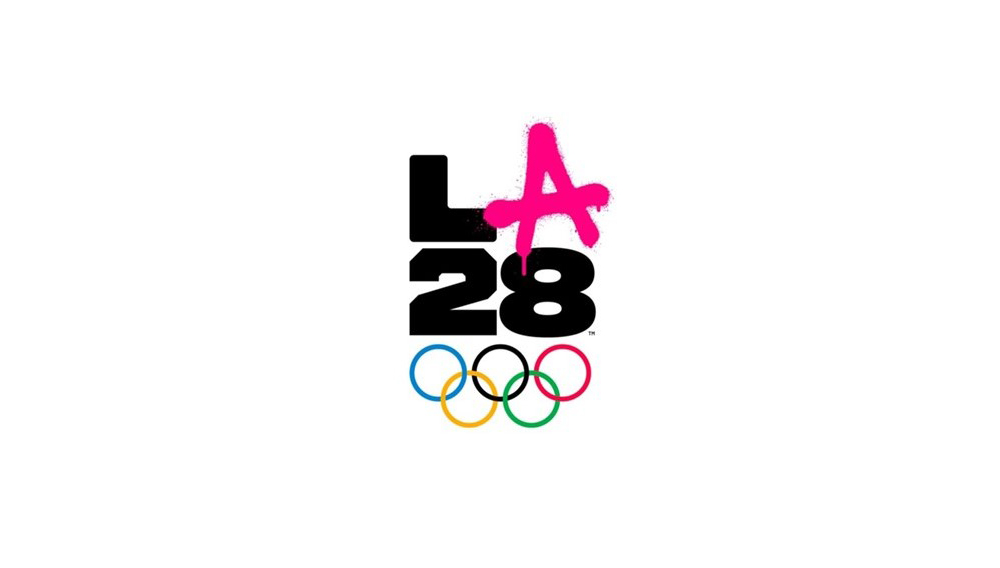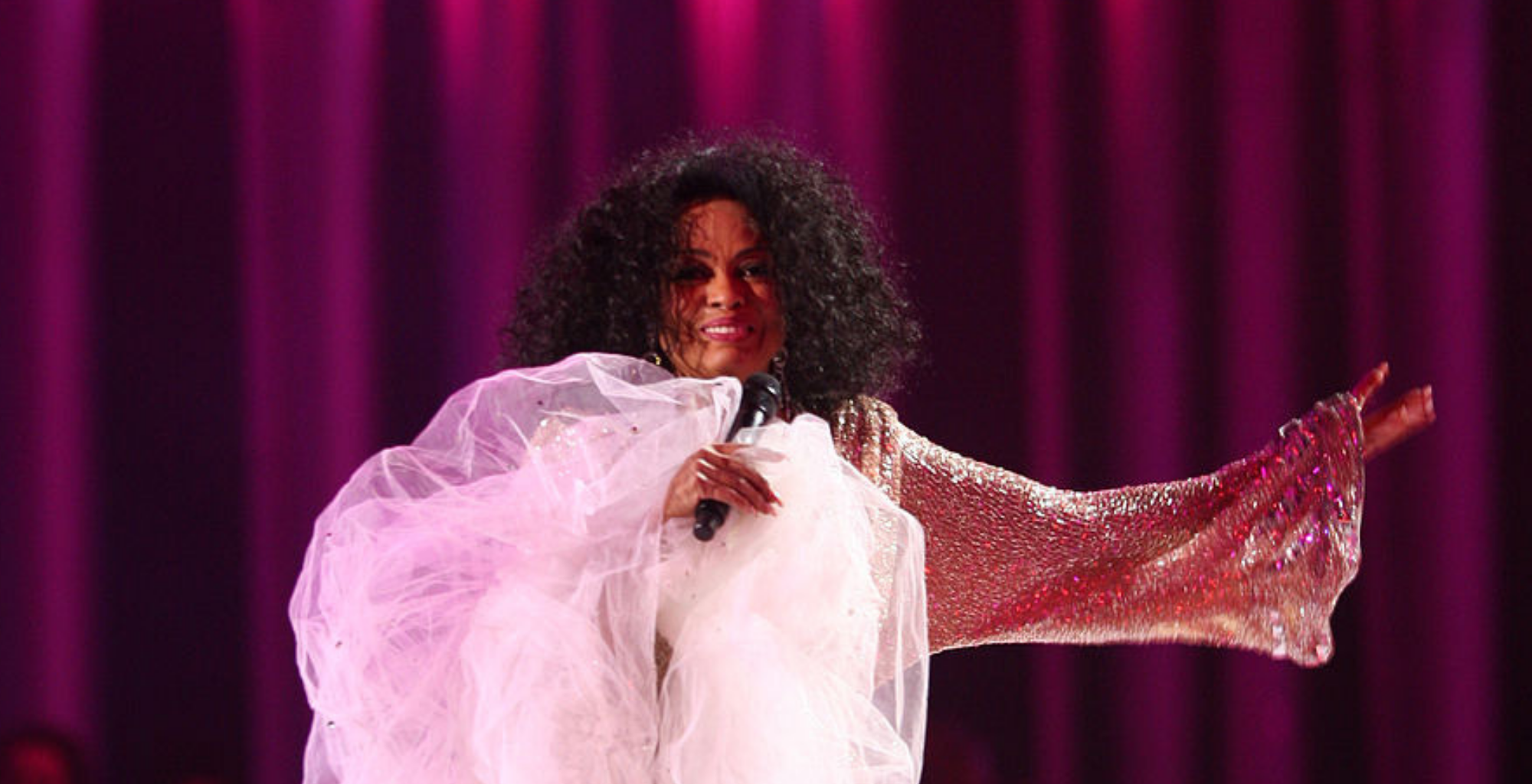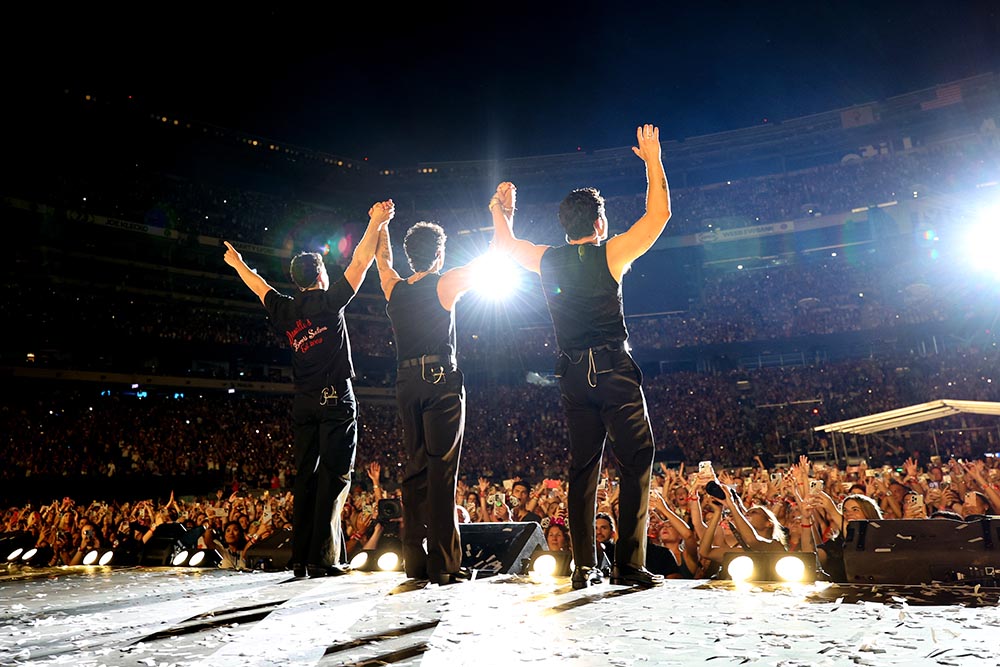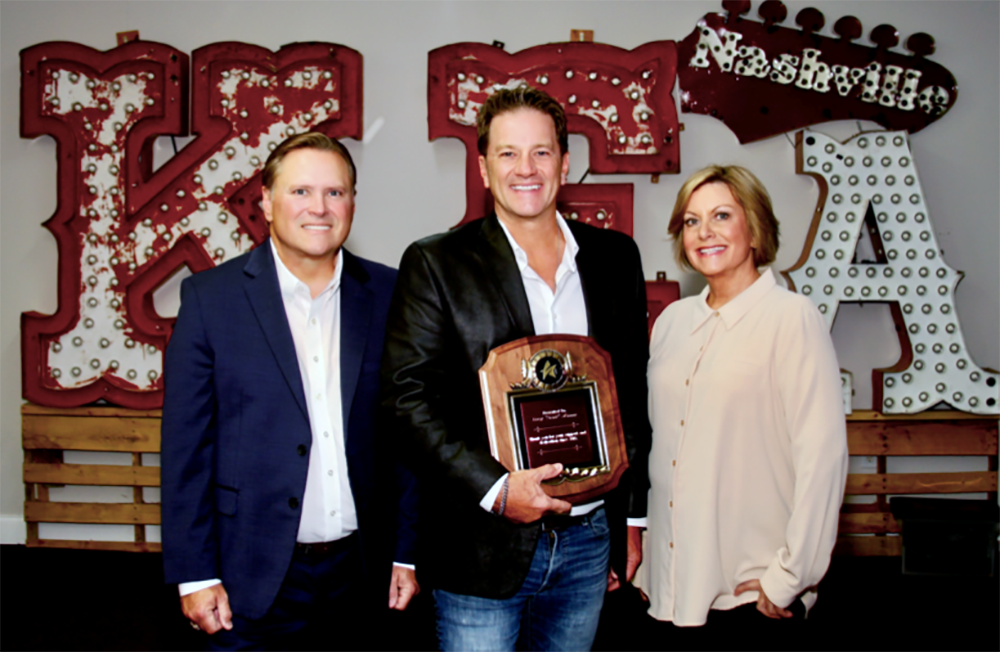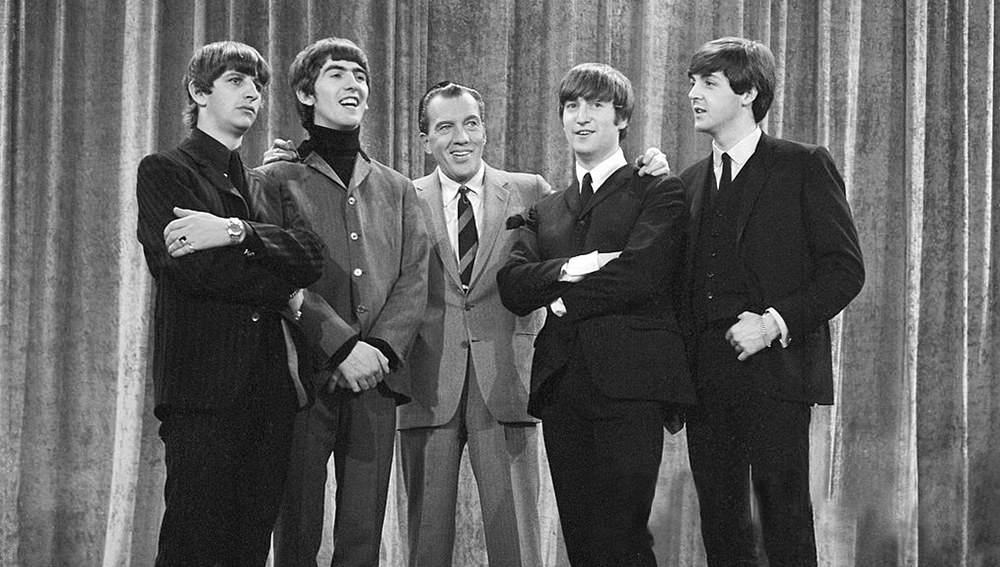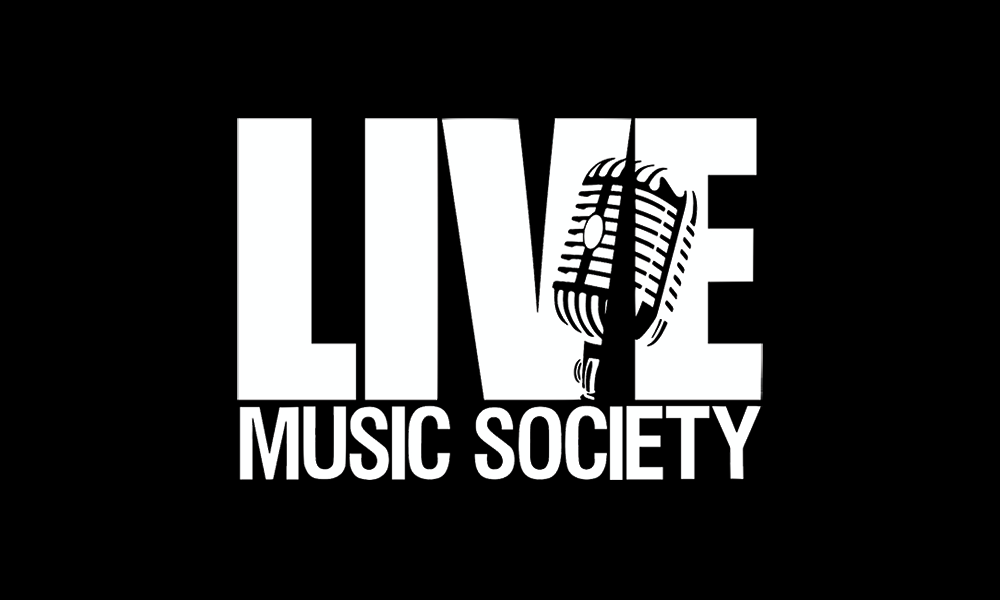
(CelebrityAccess News Service) – The Christian Country Music Association, d/b/a CCMA, has responded to the September 2003 lawsuit brought by the Country Music Association (CMA). Gene Higgins, president and founder of the CCMA, released the following statement:
The Christian Country Music Association has tried to avoid making this legal assault against the CCMA public, in hopes that the CMA would reconsider their attitude and posture concerning this matter. That has not happened, and because of several public statements made to the news media and statements made in the CMA's publication "Close-Up," the Christian Country Music Association now feels it is necessary to make the public aware of 'the rest of the story.'
The Country Music Association (CMA) has filed suit against the Christian Country Music Association (CCMA) to prevent them from using their trademark CCMA and their web address, www.ccma.cc.
In their suit, the CMA claims that the public is confused as to which organization or association they are contacting when attempting to do business with either group because the Christian Country Music Association uses their own Trademark of "CCMA" to refer to itself and their annual award show. The CMA contends that the use of the Trademark "CCMA" on the web sight will somehow divert the user to the Christian Country Music Association if they are actually attempting to view the "Country Music Association's" site, which is "www.cmaworld.com."
The CCMA contends that it would be difficult for someone to type in www.cmaworld.com and somehow reach www.ccma.cc. The CCMA also contends that the use of the Trademarks "CCMA" since 1992 has not caused any confusion that they are aware of, nor has the Country Music Association, since their use of the marks or acronym "CMA" shown any instance in which someone contacted the Christian association in an attempt to reach the secular Country association.
The CCMA feels it has the legal right to use the acronym that represents the name of the association since the marks have been trademarked since 1992.
There are several associations and organizations that use the marks, "CCMA" and the CMA have not, to our knowledge, filed suit against any of these businesses to prevent them from using the same marks. The "Christian Music Association" uses the exact same marks (CMA) as the Country Music Association and yet we know of no complaint or suit filed against this organization to prevent them from using that acronym that represents their organization.
The Canadian Country Music Association and the California Country Music Association both use CCMA as marks to identify themselves. Yet, to the best of our knowledge, we know of no complaints or lawsuits directed at these two service associations that promote the same genre of music as that of the Country Music Association. The Christian Country Music Association feels that the CMA must approach these organizations with the same complaint to justify the legal attack on the Christian Country Music Association. Both of these organizations use the marks CCMA on their web site.
he term Christian is what differentiates the Christian Country Music Association from the Country Music Association. The CCMA promotes Christian music and the CCMA Award Show recognizes artists whose music reflects Christian based themes.
Another accusation made by the Country Music Association was printed in the March/April "Close-Up" magazine article by Ed Benson, Executive Director, which states, "'Confusion is accentuated by the fact that the Christian Country Music Association Awards occur in Nashville each year on a date contiguous to the CMA Awards.'"
Mr. Benson, the CCMA Award Show has aired in the month of November since 1994. The only CCMA Award Show that has not aired in November was the first show that aired in August of 1993. In the press release dated February 13, 2001 Ed Benson explains the reason the CMA Awards were moved to the month of November, "'We're excited about moving into the beginning of November sweeps.'" He continues, "'Positioning the Awards in this critical ratings period for CBS affiliates should further enhance their support of promotional involvement with the telecast. There is also strong support for the move and consensus among the key segments of our industry, who all feel the Awards being closer to the prime retail record buying season will have much more impact on the marketplace.'" The same press release explains, "'In 2000, the Awards were moved to October when the main season premiere week was delayed due to the 2000 Olympics in Sydney.'" So we see that the CMA Awards aired in September until 2000 when they were forced to air in October.
In the Feb. 5, 2002 CMA press release Ed Benson again explains the success of the CMA Awards since they moved to the month of November, "'The Awards were a success on so many levels — with widespread acclaim for the depth and diversity of performers in the media, to the ratings windfall and the response at the retail level.'" Ed Benson continues, "'We have found a high-impact placement for Country Music's Biggest Night.'"
Mr. Benson publicly accused the Christian Country Music Association of somehow positioning their award show near the time that the CMA Awards air. And yet it is the CMA Awards that moved from September, to October and finally to November. Who made the moves? What were the motives on which those moves were based? In their own words, the move to November by the CMA meant higher ratings for the network, more sales of music and they found a high-impact placement for their show, which translates to dollars.
The Christian Country Music Association did not lodge a complaint when the CMA Awards where scheduled the night after the CCMA Award Show in 2001 nor when they were scheduled the night before in 2002. Nor did retaliate in 2002 when the CMA sought an injunction a few days before the CCMA Award Show was to air to prevent the broadcast of our show and served us with a lawsuit. We figuratively "turned the other cheek" hoping that this giant of an association would be satisfied in moving in to the same week as the CCMA Awards have traditionally aired. But the CMA has not been satisfied with moving in to the sweeps week and sharing that time slot, they seem to want it to themselves. The CCMA feels that there is a place for both genres of music and that those that strive to include words of faith, family or country in their music deserve to be acknowledged when the lyrics of a song qualifies the song to cross over into the Christian Country market.
There are other untrue allegations in the lawsuit that we intend to defend. It is not our purpose here to say anything that would in anyway, discredit the Country Music Association, with whom we have been on good terms with for so many years and in which Gene Higgins, president and founder of the CCMA is a member in good standing and has been since 1994. Many of those associated with the CMA are good friends of Gene Higgins. It is our purpose to simply let the public know that the allegations made by Ed Benson are unfounded and that we wish to work in harmony with the Country Music Association and not let false accusations create a division in the industry among artist, fans and other members of the industry.
Please refer to our web page www.ccma.cc, for more detailed information on the CMA verses the CCMA. –edited by Jane Cohen and Bob Grossweiner






















